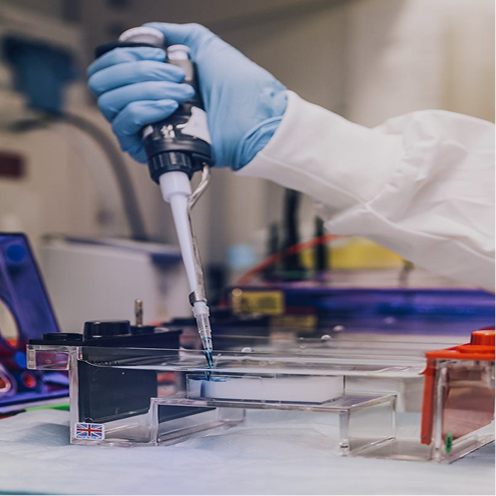Drug-resistant cell lines are vital for studying how tumors or pathogens evade treatments. Comparing their responses to drugs with non-resistant cells reveals biomarkers, gene expression shifts, or pathway changes driving resistance. These cells also aid drug development by screening candidates for effectiveness against known resistance mechanisms, helping identify therapies that overcome treatment barriers.
Vitro Biotech offers a variety of drug-resistant cell lines, including Docetaxel, Doxorubicin, Tamoxifen, Faslodex, Casodex, Vincristine, and Cisplatin. These cell lines help researchers study resistance mechanisms and develop more effective treatments.

| IMAGE | PRODUCT | CAT NO | SIZE | PRICE | DETAIL |
|---|
